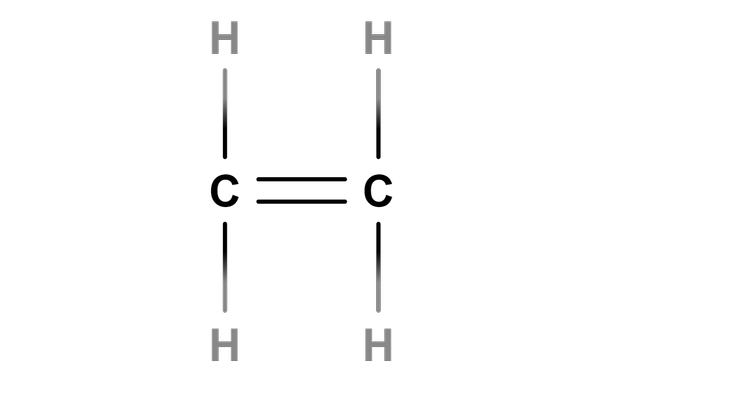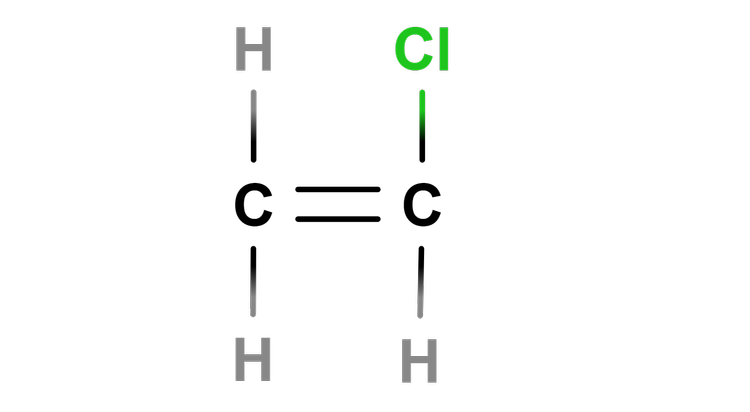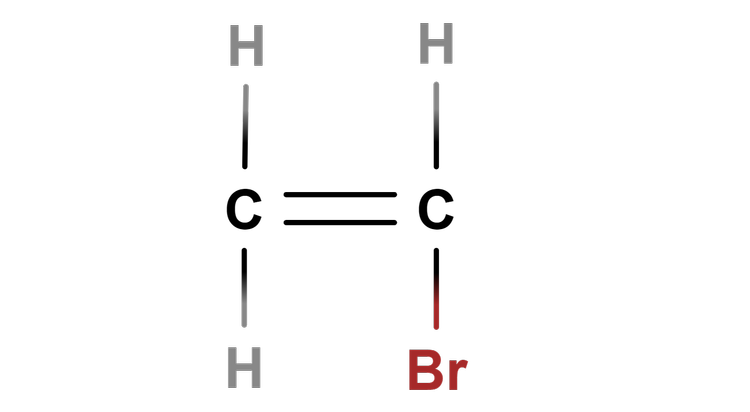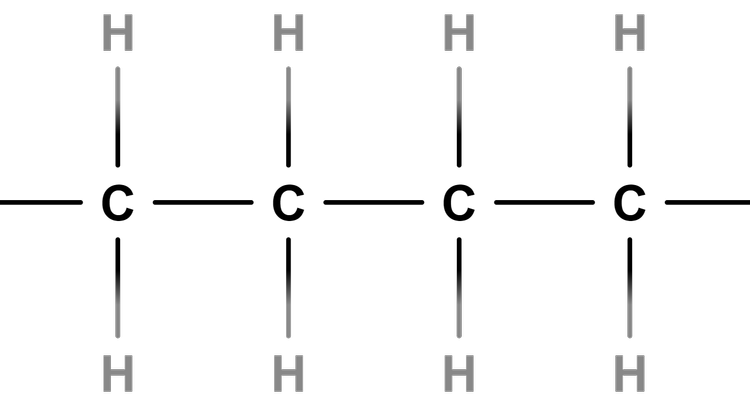Addition polymerisation
I can describe the formation of an addition polymer from its monomer.
Addition polymerisation
I can describe the formation of an addition polymer from its monomer.
These resources will be removed by end of Summer Term 2025.
Lesson details
Key learning points
- A polymer is a substance of high average relative molecular mass made up of small repeating units.
- In addition polymerisation only one molecule is formed, e.g. addition polymerisation of ethene forms poly(ethene).
- Polymers have a specific displayed formula to show repeat units.
- A polymer's monomer can be deduced from its structure and vice versa.
- Addition polymers can be made by combining together a variety of monomer molecules containing C=C.
Keywords
Polymers - Polymers are long-chained molecules formed by joining together monomers.
Monomers - Monomers are small molecules that can join together to form a polymer.
Relative molecular mass - The relative molecular mass of a substance is the sum of the relative atomic masses of all the atoms in a molecule.
Addition polymerisation - Addition polymerisation is a type of polymerisation where monomers join together to form only one product; a polymer.
Repeating unit - The section of a polymer that repeats is known as the repeating unit.
Common misconception
Not including the bonds at the end of a repeating unit.
The slide deck states the need for open bonds to show how repeating units are bonded to each other.
To help you plan your year 11 chemistry lesson on: Addition polymerisation, download all teaching resources for free and adapt to suit your pupils' needs...
To help you plan your year 11 chemistry lesson on: Addition polymerisation, download all teaching resources for free and adapt to suit your pupils' needs.
The starter quiz will activate and check your pupils' prior knowledge, with versions available both with and without answers in PDF format.
We use learning cycles to break down learning into key concepts or ideas linked to the learning outcome. Each learning cycle features explanations with checks for understanding and practice tasks with feedback. All of this is found in our slide decks, ready for you to download and edit. The practice tasks are also available as printable worksheets and some lessons have additional materials with extra material you might need for teaching the lesson.
The assessment exit quiz will test your pupils' understanding of the key learning points.
Our video is a tool for planning, showing how other teachers might teach the lesson, offering helpful tips, modelled explanations and inspiration for your own delivery in the classroom. Plus, you can set it as homework or revision for pupils and keep their learning on track by sharing an online pupil version of this lesson.
Explore more key stage 4 chemistry lessons from the Organic chemistry unit, dive into the full secondary chemistry curriculum, or learn more about lesson planning.

Equipment
Molymods (optional).
Licence
Starter quiz
6 Questions

Exit quiz
6 Questions


long-chained molecules formed by joining together monomers.
small molecules that can join together to form a polymer.
where monomers join together to form only one product.
a section of a polymer that repeats.



